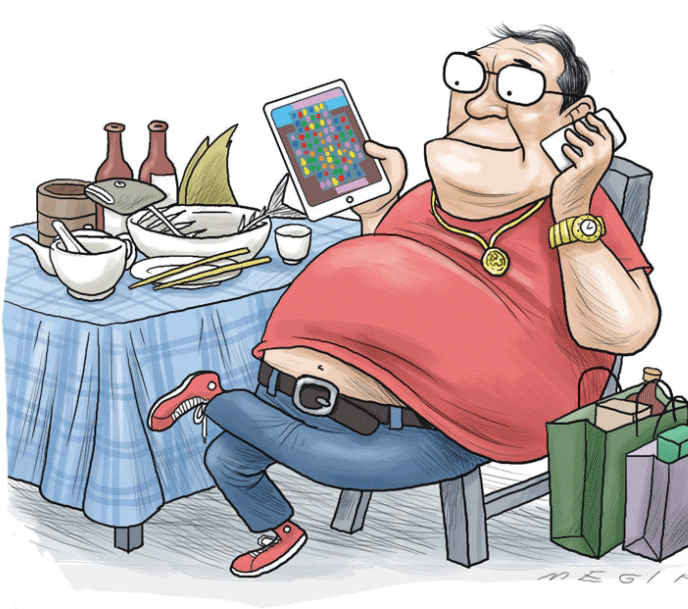A Shift Towards Simplicity
We live in a world that often confuses materialism and overconsumption with pleasure and success. We assume that material possessions will make our lives easier or more enjoyable. We are told day in and day out that various products will make us happier or more satisfied. Through these beliefs, we justify the costs.
Unfortunately, environmental scholars have proved that when we look to material possessions for meaning and identity, we often are left in a chronic state of dissatisfaction. It has been proven that once one can provide food, shelter and other essential needs, increases in income are not correlated with increases in happiness. Rather, a materialistic orientation toward life correlates more closely with feelings of dissatisfaction and unhappiness and higher levels of physical and mental disease. When we place significant value on wealth and its attendant status, our pursuit of happiness often turns out to be empty and unsatisfying.
This is problematic because our self-worth is then completely dependent on meeting particular external standards. Our happiness is largely shaped by our standing relative to others and is therefore extremely unstable. Materialism locks people into a cycle of perpetual wanting and therefore nothing can ever be truly fulfilling. We consume in attempts to raise our self-worth, but in the end we find ourselves no happier than before. We ought to acknowledge that our psychological needs must be met in healthy ways. When we substitute material acquisition as a coping strategy to counter our insecurities, the costs incurred for these luxuries are simply a waste. It is possible to live happy, flourishing lives without excessive consumption. A shift to simplicity is a call for consciousness. It forces us to recognize what necessities and important possessions are, instead of getting caught up in fleeting desires.
I’m not arguing that we must relinquish consumerism and all material goods but that we should reflect on and truly understand what our needs are and how to meet them efficiently. We, as a society, have lost sight of what consuming actually is: to eat, to use up, to waste and/or to suffer destruction. At one point in time, material goods made survival easier, which is why we strived for them. Today, this need for consumption is maladaptive. Material consumption in the United States has increased exponentially since the 1950s, yet rankings of happiness remain the same. A shift to a more simplistic lifestyle can improve happiness and well-being in addition to conserving resources. Simplicity can help us shift from a society of overconsumption to a society of sustainable practices.









